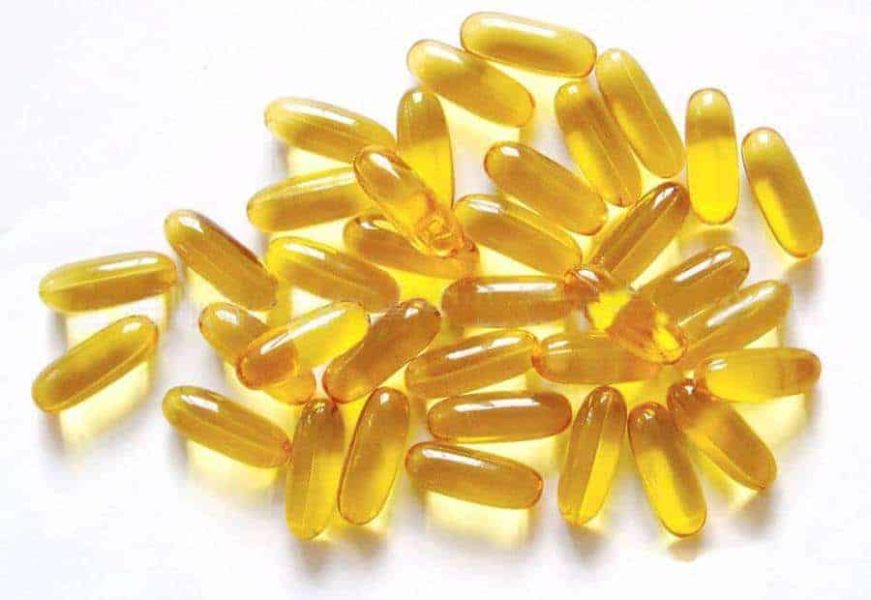At the forefront of a field known as “neurocriminology,” Adrian Raine, a Penn Integrates Knowledge Professor with appointments in the School of Arts & Sciences and the Perelman School of Medicine, has long studied the interplay between biology and the environment when it comes to antisocial and criminal behavior.
With strong physiological evidence that disruption to the emotion-regulating parts of the brain can manifest in violent outbursts, impulsive decision-making, and other behavioral traits associated with crime, much of Raine’s research involves looking at biological interventions that can potentially ward off these outcomes.
A new study by Raine suggests that omega-3, a fatty acid commonly found in fish oil, may have long-term neurodevelopmental effects that ultimately reduce anti-social and aggressive behavior problems in children.
Along with Raine, the study featured Jill Portnoy a graduate student in theDepartment of Criminology andJianghong Liu, an associate professor in the School of Nursing.
Beginning 43 years ago, when Raine was a graduate student, his advisor, his colleagues, and he conducted a longitudinal study of children in the small island nation of Mauritius. The researchers tracked the development of children who had participated in an enrichment program as 3-year-olds.
“We saw children who had poor nutritional status at age 3 were more antisocial and aggressive at 8, 11, and 17,” Raine says. “That made us look back at the intervention and see what stood out about the nutritional component. Part of the enrichment was that the children receiving an extra two-and-a-half portions of fish a week.”
Omega-3 is critical to brain development, but is not produced by the body. Nutritional differences are therefore key.
Raine’s new study featured a randomized controlled trial where children received regular omega-3 supplements in the form of a juice drink. One hundred children, aged 8 to 16, would receive a drink containing a gram of omega-3 once a day for six months, matched with one hundred children who received the same drink without the supplement.
The children and their parents in both groups took a series of personality assessments and questionnaires at the start, at six months, and then again at 12 months to see if there were any lasting effects from the supplements.
The assessments had parents rate their children on “externalizing” aggressive and antisocial behavior, such as getting into fights or lying, as well as “internalizing” behavior, such as depression, anxiety, and withdrawal. Children were also asked to rate themselves on these traits.
“Compared to the baseline at zero months,” Raine says, “both groups show improvement in both the externalizing and internalizing behavior problems after six months. That’s the placebo effect. But what was particularly interesting was what was happening at 12 months. The control group returned to the baseline while the omega-3 group continued to go down. In the end, we saw a 42 percent reduction in scores on externalizing behavior and a 62 percent reduction in internalizing behavior.“
The researchers caution that their work is still in the preliminary stages in uncovering the role nutrition plays in the link between brain development and antisocial behavior. The changes seen in the one-year period of the experiment may not last, and the results may not be generalizable outside the unique context of Mauritius.
Beyond these caveats, however, there is reason to further examine omega-3’s role as a potential early intervention for antisocial behavior.
“As a protective factor for reducing behavior problems in children,” Liu says, “nutrition is a promising option. It is relatively inexpensive and can be easy to manage.”


